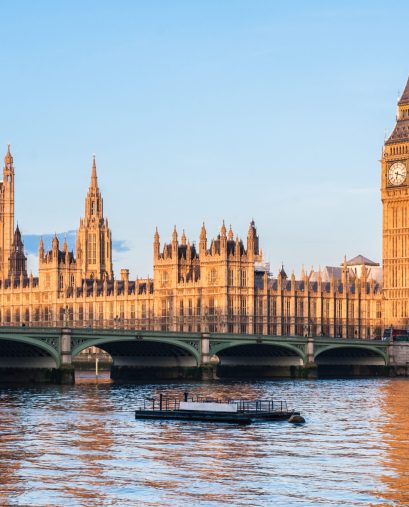Corporate bodies can claim discrimination
by Julie Bann and Adrian Hoggarth
In a decision that is likely to have significant implications for companies, associations, LLPs, charities and local authorities, the EAT held in EAD Solicitors LLP v Garry Abrams Limited that corporate entities can bring claims for discrimination under the Equality Act 2010.
Garry Abrams was a member of EAD Solicitors LLP. He then set up Garry Abrams Limited (‘GAL’). GAL was admitted as a member of the LLP on the basis that it would provide a solicitor to provide services to EAD. While both parties envisaged that the solicitor would be Garry Abrams, they could not stipulate that in the Agreement as it would impact on the tax treatment of GAL’s income. In 2013, EAD gave notice to Abrams that he was being retired in 2014 when he turned 62. At the end of 2014, EAD stopped paying GAL its profit share. GAL brought a claim in the Employment Tribunal alleging associative direct age discrimination (direct discrimination on the basis that EAD treated GAL differently because of Abrams’ age).
Section 13 of the Equality Act provides that: ‘A person (A) discriminates against another (B) if, because of a protected characteristic, A treats B less favourably than A treats or would treat others.’
‘A person’ in reference to (A) has always been known to include corporate bodies. GAL argued that if ‘A person’ in relation to (A) can include a corporate body, then why should there be a different definition for ‘another [person]’ in relation to (B)? The EAT agreed, and held that companies can bring claims for discrimination.
The EAT noted that ‘the Equality Act does not deal with individuals on the basis of their protected characteristics but identifies discrimination as being detrimental treatment caused by the protected characteristic or related to it. Detrimental treatment can be given to any person, whether that person is natural or legal. There is no reason to restrict the class of those who can suffer a detriment if what is being complained of, and that which the statute seeks to avoid, is a detriment being suffered because of an individual’s protected characteristic’.
Impact on LLPs
This case has highlighted a clear risk to LLPs of engaging with partners via their own limited companies. You could therefore have a situation where a partner is unable to work due to a disability but sends a qualified lawyer to work in his place. He pays the solicitor less than the limited company receives for its services and takes a cut of the salary. This means that an individual can continue to benefit financially long after his agreement would ordinarily have been terminated.
Impact beyond LLPs
This is a ground-breaking decision, which could have serious implications for all companies, LLPs, charities and other organisations. Potentially, this legal argument could extend beyond the employment sphere into the Equality Act provisions prohibiting discrimination in the supply of goods or services. It may therefore be possible for a corporate body to bring a direct discrimination claim against a company following a refusal, for example, to lease premises to them because of the religion of its directors or because of the sexual orientation of its clientele. Actions which many people would call unethical could now lead to an actionable claim in the County Court.
ACTION
It is likely that we will see a number of test cases in this area. To avoid being a guinea pig, you should:
• Review your policies relating to the manner in which you supply goods or services to others.
• Offer training or support to front line staff dealing with such agreements.
• Review any contractual terms as it is possible that any discriminatory term would be unenforceable.
If you have any questions, please contact Adrian.
Adrian Hoggarth Partner - Employment +44 (0) 20 7846 2370 adrian.hoggarth@jurit.comOr a member of our Employment Team.
Please note this paper is intended to provide general information and knowledge about legal developments and topics which may be of interest to readers. It is not a comprehensive analysis of law nor does it provide specific legal advice. Advice on the specific circumstances of a matter should be sought.











